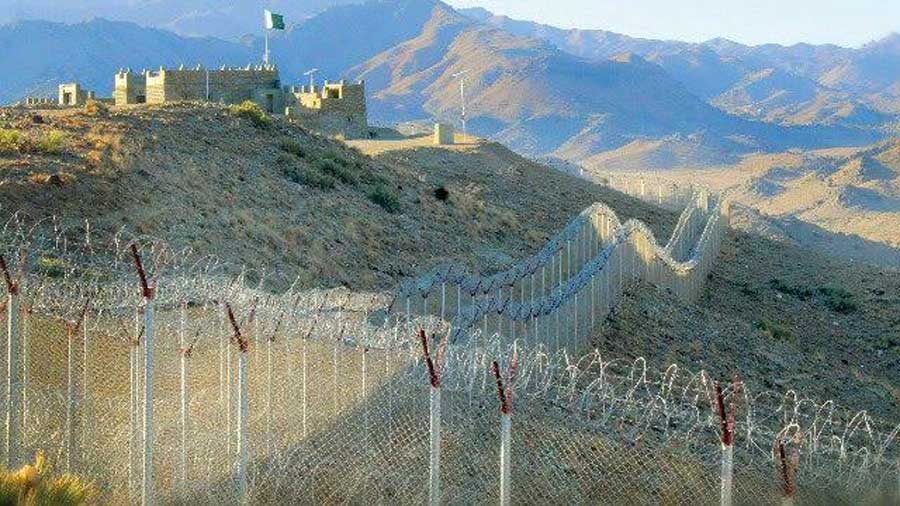
In a recent address to the United Nations Security Council, Pakistan’s Ambassador Munir Akram underscored the persistent threat posed by the Tehrik-e-Taliban Pakistan (TTP) and highlighted the Taliban government’s failure to curb cross-border terrorist attacks. These attacks have resulted in significant civilian and military casualties, raising urgent concerns about regional security and the efficacy of Afghanistan’s interim authorities in combating terrorism.
Ambassador Akram’s address emphasized the critical need for decisive action against the TTP, a militant group responsible for numerous deadly attacks in Pakistan. Despite assurances from the Taliban, these promises have not translated into tangible actions. TTP safe havens near Pakistan’s borders continue to facilitate cross-border assaults, including an attack that claimed the lives of several Chinese engineers working on the Dasu hydro power project. This situation highlights the Taliban’s apparent inability or reluctance to sever ties with terrorist organizations operating within Afghanistan.
Threats to Regional Stability
The impunity enjoyed by terrorist groups within Afghanistan poses a direct threat not only to Pakistan but also to all neighboring countries and the broader international community. The lack of concrete action by the Taliban government raises questions about their control over militant factions and their commitment to regional peace and stability. Ambassador Akram urged the Security Council to call on the Taliban to disarm the TTP, prevent cross-border attacks, and hand over TTP leadership to Pakistan, underscoring the urgent need for international intervention.
The Role of International Engagement
Pakistan has consistently advocated for sustained engagement with Afghanistan’s interim authorities to stabilize the country. Ambassador Akram welcomed the Taliban’s decision to participate in an upcoming UN-sponsored meeting in Doha but stressed the importance of clarity regarding objectives for both the international community and the Afghan government. Such engagements are critical for addressing the humanitarian crisis affecting 23 million Afghans and reviving Afghanistan’s economy through the restoration of banking systems and commercial activities.
Upholding Human Rights and Governance
Concerns persist about the Taliban’s restrictions on women and girls, which violate international law and Islamic principles. Ensuring women’s rights to education, employment, and other human rights is crucial for Afghanistan’s long-term stability and development. The Taliban’s adherence to these international obligations will be a key measure of their legitimacy and willingness to integrate into the global community.
Pakistan’s Commitment to Regional Stability
Pakistan’s close historical, cultural, and ethnic ties with Afghanistan necessitate efforts to promote peace, stability, and development in the region. Ambassador Akram reiterated Pakistan’s commitment to working at bilateral, regional, and international levels to achieve these objectives. Pakistan’s proactive stance is vital for maintaining regional security and fostering a collaborative approach to counter-terrorism.
Recent Developments and Counter-Terrorism Efforts
In a related development, Balochistan’s Home Minister announced the arrest of two key TTP commanders, highlighting Pakistan’s ongoing efforts to combat terrorism within its borders. The arrests underscore the intricate connections between the TTP, the Balochistan Liberation Army (BLA), and external actors such as India’s RAW, as revealed in confessions made during these operations.
Allegations and Geo-Political Dynamics
Confessions from arrested TTP commanders pointed to India’s involvement in supporting the TTP, particularly in financial matters, through RAW. Such revelations, although contentious and possibly coerced, underscore the complex geo-political dynamics at play in the region. A coordinated international response is essential to address terrorism emanating from Afghanistan and to ensure peace and stability for all affected countries.
Conclusion
Ambassador Munir Akram’s address to the UN Security Council serves as a stark reminder of the ongoing threats posed by the TTP and the challenges faced by Afghanistan’s interim authorities in addressing these issues. The international community must heed Pakistan’s call for decisive action to combat terrorism and stabilize the region. Through sustained engagement and cooperation, there is hope for a safer and more stable future for Afghanistan and its neighboring countries.
